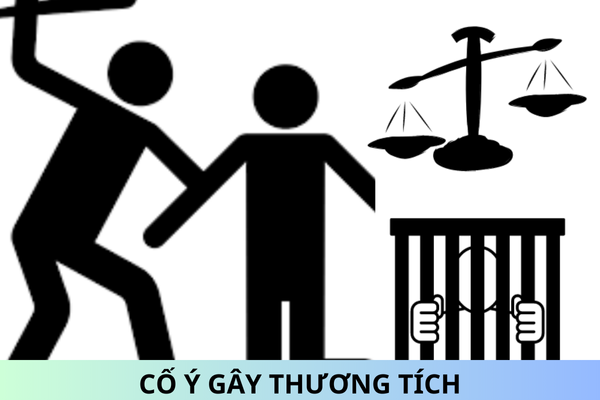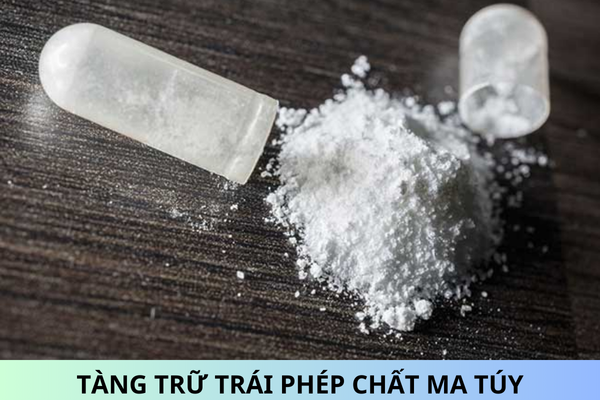What is Usury? Principles for Handling Offenders Committing Usury in Civil Transactions Regulated How?
What is Usurious Lending?
Under Clause 2, Article 2 of Resolution 01/2021/NQ-HDTP, which provides guidance on the application of Article 201 of the Criminal Code and the adjudication of criminal cases concerning the crime of usurious lending in civil transactions, as issued by the Council of Judges of the Supreme People's Court, specifically:
"Usurious lending" refers to instances where the lender grants a loan to the borrower with an interest rate that is five times or more the highest interest rate stipulated in Clause 1, Article 468 of the Civil Code.
In cases where the loan is given in the form of assets other than cash, the value of those assets must be converted into cash at the time of transferring the borrowed assets for resolution.
Additionally, the Resolution also stipulates:
"Illicit gain" is the amount of interest exceeding the highest loan interest rate as prescribed by the Civil Code and other unlawful collections from the borrower.
If the illicit gain is in the form of assets other than cash, the value must be converted into cash at the time of transferring the borrowed assets.
Principles for Handling Offenders of Usurious Lending in Civil Transactions
The principles for handling offenders of usurious lending in civil transactions are stipulated in Article 3, Article 2 of Resolution 01/2021/NQ-HDTP, specifically:
- Comply with the fundamental principles of criminal law and criminal procedure law.
- Consider strictly applying fines as the main penalty for those who commit the crime. In cases where the offense is of a professional nature, operating in the form of gangs or groups, consider applying imprisonment as the main penalty.
- If the main penalty applied is not a fine, then strictly consider applying a supplementary penalty which is a fine.
Respectfully.










